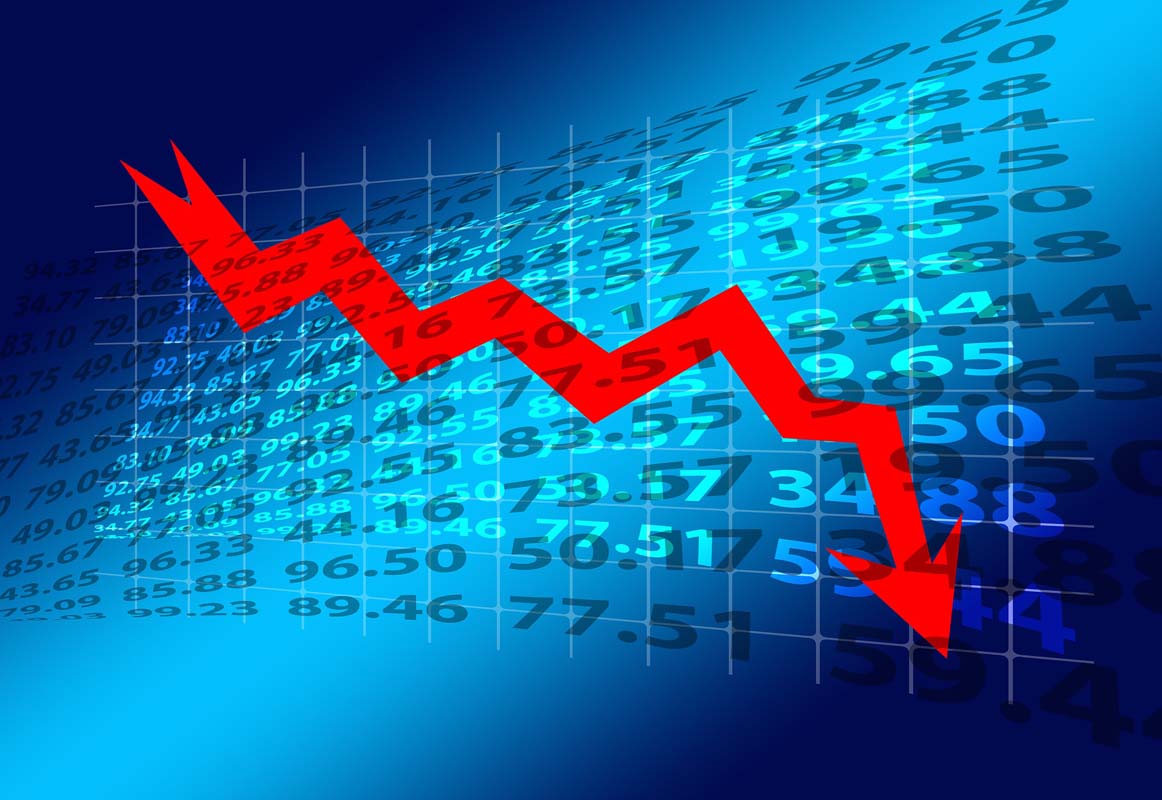
403
Sorry!!
Error! We're sorry, but the page you were looking for doesn't exist.
Media reports EU’s biggest economy encountering another recession
(MENAFN) Germany, the largest economy in the European Union, is projected to enter a recession for the second consecutive year, according to a report from the Sueddeutsche Zeitung. This downturn follows a significant contraction last year, making Germany the only major developed economy to experience economic shrinkage in 2022, largely due to the impact of soaring energy costs stemming from its decision to cut ties with Russian gas.
The German Economy Ministry is expected to revise its growth forecast for 2024, downgrading it from an anticipated increase of 0.3 percent to a contraction of 0.2 percent. This adjustment follows last year’s economic decline of 0.3 percent, marking a challenging period for the nation as it grapples with ongoing economic instability. The ministry is looking ahead to 2025 and 2026, projecting a growth rate of 1.1 percent and 1.6 percent, respectively. Economy Minister Robert Habeck is pinning hopes on a combination of tax cuts and energy subsidies to stimulate production and consumer spending.
However, skepticism surrounds the effectiveness of these proposed measures. A report released last month by a consortium of six leading economic institutes forecasted more modest growth rates of 0.8 percent for 2025 and 1.3 percent for 2026, indicating a lack of confidence in the government's economic strategy.
The energy crisis in Germany escalated following the onset of the Ukraine conflict in 2022, when the country halted imports of Russian oil and gas. Previously, Germany relied on Russia for 55 percent of its natural gas imports, making the transition to alternative energy sources particularly challenging. Coupled with the ongoing phase-out of its nuclear power infrastructure in favor of renewable energy, the sudden energy shortfall has driven prices to unprecedented levels, further exacerbating the cost of manufacturing.
As Germany navigates these economic challenges, the situation underscores the broader implications for the European Union and the global economy, highlighting the need for sustainable energy solutions and robust economic policies to mitigate the impacts of such crises. The coming months will be critical for assessing the effectiveness of the government's interventions and the overall resilience of the German economy.
The German Economy Ministry is expected to revise its growth forecast for 2024, downgrading it from an anticipated increase of 0.3 percent to a contraction of 0.2 percent. This adjustment follows last year’s economic decline of 0.3 percent, marking a challenging period for the nation as it grapples with ongoing economic instability. The ministry is looking ahead to 2025 and 2026, projecting a growth rate of 1.1 percent and 1.6 percent, respectively. Economy Minister Robert Habeck is pinning hopes on a combination of tax cuts and energy subsidies to stimulate production and consumer spending.
However, skepticism surrounds the effectiveness of these proposed measures. A report released last month by a consortium of six leading economic institutes forecasted more modest growth rates of 0.8 percent for 2025 and 1.3 percent for 2026, indicating a lack of confidence in the government's economic strategy.
The energy crisis in Germany escalated following the onset of the Ukraine conflict in 2022, when the country halted imports of Russian oil and gas. Previously, Germany relied on Russia for 55 percent of its natural gas imports, making the transition to alternative energy sources particularly challenging. Coupled with the ongoing phase-out of its nuclear power infrastructure in favor of renewable energy, the sudden energy shortfall has driven prices to unprecedented levels, further exacerbating the cost of manufacturing.
As Germany navigates these economic challenges, the situation underscores the broader implications for the European Union and the global economy, highlighting the need for sustainable energy solutions and robust economic policies to mitigate the impacts of such crises. The coming months will be critical for assessing the effectiveness of the government's interventions and the overall resilience of the German economy.

Legal Disclaimer:
MENAFN provides the
information “as is” without warranty of any kind. We do not accept
any responsibility or liability for the accuracy, content, images,
videos, licenses, completeness, legality, or reliability of the information
contained in this article. If you have any complaints or copyright
issues related to this article, kindly contact the provider above.


















Comments
No comment